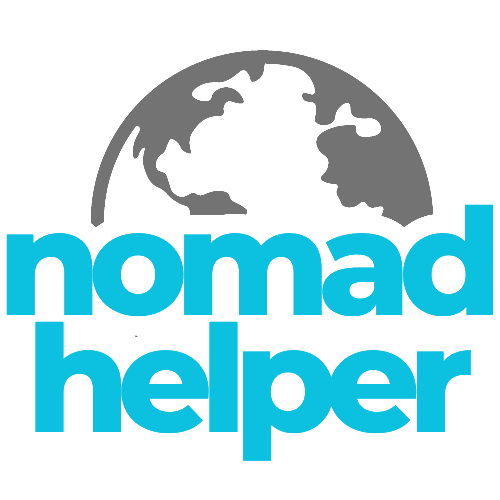Hello everyone, I hope this post finds you and your families in good health amidst these challenging times. Being a passionate advocate for flexible work solutions, I felt compelled to share some of my thoughts and experiences regarding the profound impact of the Covid-19 pandemic on remote work. As someone who was already somewhat acquainted with the concept, it’s been fascinating to observe not only the immediate changes but also the potential long-term effects in this sector.
First of all, I think it’s essential to recognize how speedy and wide-reaching the shift to remote work has been. According to a Gartner HR survey, an overwhelming 88% of organizations have encouraged or required their employees to work remotely due to the pandemic. For many, this has been a paradigm shift that brought about sudden and significant alterations in our daily habits and cultural norms.
Personally, I found this change to be quite transformative. The first week was undoubtedly the most difficult one. I had to find a suitable workspace at home and to adapt to an increased level of solitary work. However, I quickly started to perceive the benefits of these changes. I was saving time on commuting, which allowed me to spend more time with my family or doing things I love, like painting and baking. Plus, there were fewer distractions throughout the day, enhancing my productivity. I was finding an equilibrium that I never thought was possible.
Moreover, while we grappled with the coronavirus, organizations worldwide made efforts to facilitate remote work. The adoption of digital tools such as Zoom, Microsoft Teams, and Google Meet surged according to research conducted by PWC. This sudden migration to digital solutions has been integral in maintaining business continuity and fostering collaboration in teams despite the physical distance.
But, it was not without its challenges. One particular hurdle for me was managing work-life balance. When your home becomes your office, drawing a line between personal time and work time becomes tricky. To overcome this, I introduced small rituals at the start and end of my workday, like brewing a cup of tea in the morning and taking a small evening walk post-work. This simple strategy helped me establish certain boundaries, and maybe it can be beneficial to some of you too.
Moving forward, we might ponder if this pandemic-induced work-from-home scenario is here to stay? According to a recent publication by McKinsey, remote work is likely to persist, at least in some form. Many companies have discovered they can maintain productivity with remote workers, and employees have enjoyed the flexibility that suits their lifestyles better.
As we witness the pandemic outlining a new normal for workplaces, acknowledging the newfound importance of mental health also becomes crucial. The absence of casual office interactions and the stress caused by the current scenarios can be taxing. Speaking from personal experience, conducting regular virtual social activities like games or casual hangouts proved surprisingly effective in tackling some of this stress, promoting a healthier remote work environment.
To conclude, Covid-19 has presented us with both opportunities and obstacles in the landscape of remote work. We’re capable of far greater flexibility and resilience than we ever imagined, and this transition period gave us a chance to prove that. Let’s continue to share our experiences, learn from each other, and work towards creating more empathetic and versatile workplaces.



